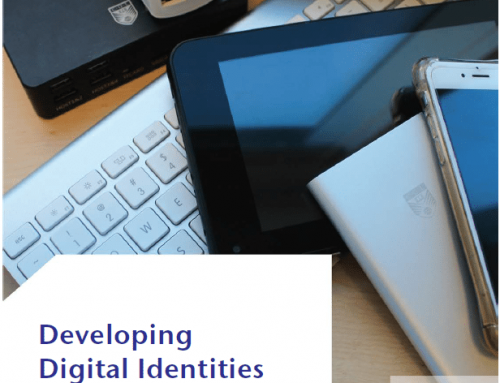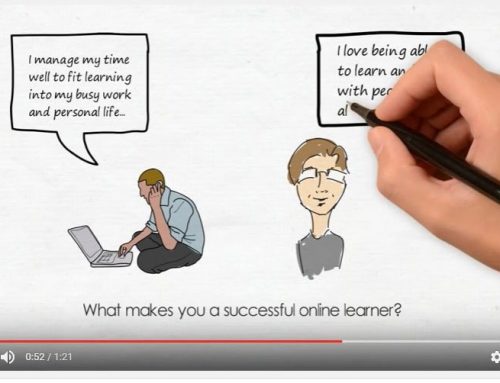Most people are horrified when I tell them that my son does most of his socialising with his peers over the internet. They are worried because he doesn’t go to school and ‘get’ socialised there (we do home learning – see early blog post to find out why)
I think there are a few assumptions underlying these worries. One assumption is that what happens in a school setting counts as positive socialisation and that schools provide a safe place for children to learn how to be ‘effective’ social citizens. Personally I don’t consider forcing children to engage predominantly with 35 or so other people of the same age as a useful model for later life. As an adult I don’t have to socialise or work with people only of my own age. Even for ‘neurotypical’ children I see this as a contrived, and not particularly useful, social grouping. Perhaps people just don’t question the model – after all – it didn’t do them any harm!!
For children on the autistic spectrum – being forced into a school environment is at best a daily challenge:
- to understand the teacher enough to learn
- to cope with the unwritten rules that children live by
- to cope with a sensoryoverload nightmare
and at worst a place to feel ostracised and be bullied.
Well yes you could say that that was preparation for life in our society (another assumption) because that kind of behaviour does happen to adults too, but having to undergo that on a daily basis doesn’t teach the child with autism much at all – coping strategies for dealing with bullies? It certainly gets in the way of academic learning.
I find it quite incredible that people think this is likely to be a positive experience.
Even outside the school setting, being in groups of children is just not something that offers any attraction for my son. More than one person at a time is just too hard to deal with at the moment. Forcing him to do so will not change his sensory or communication issues and difficulties.
So during this phase in his life (early teens) he gets his social interaction with peers through the internet and actually has a wide network of pals of all ages. This interaction is not a poor second to ‘face to face’ contact. It is a rich source of learning, playing and testing out his communication skills using a medium that he is very comfortable with. He, and his pals try out a range of genders and ways of ‘virtual being’ that are hugely educational – for example seeing how people respond differently to him when presenting as a woman or as someone very small or large. he can choose to reveal his autism or not. He can find friends because they have something in common not because they are the same age group.
I have no doubt as to the value of this experience for him – these relationships are real. These are real people on their computers all over the world. They share experiences, content, music and information – they support and help each other. However I find the most common response to this kind of interaction is that is less real than face to face interaction, that it doesn’t count as real socialising.
Some people get even more worried when I reveal that my son’s current internet place of choice is World of Warcraft (WoW) – an online roleplaying game. Despite a range of very strong arguments for the value of gaming in education – this Wired’ article talks about ‘learning to be’ rather than ‘learning about’, some of my family and friends don’t get it. ‘Learning to be’ is the most crucial thing a young aspie needs to crack. Recently he met an older person with a communication disorder who has shared his experiences and how he managed to cope and establish his own business. He has handed over some coping strategies to my son. This is a hugely authentic learning experience for my son – in fact that’s what I call ‘learning to be’.







[…] virtual contact with real people is as real as any other contact and as important. See also my post ‘immitation of life’ about my son and his virtual […]
[…] It has to be flexible and responsive. He learns during face to face activities and connects and collaborates through online games. His learning opportunities reflect the world he lives in, and the one he will need to be able to […]